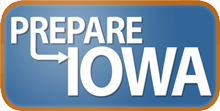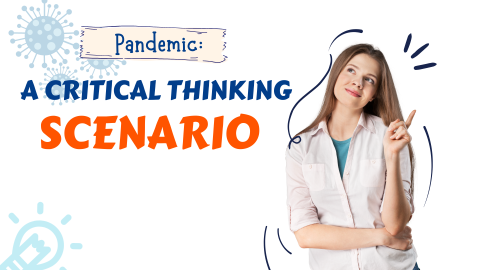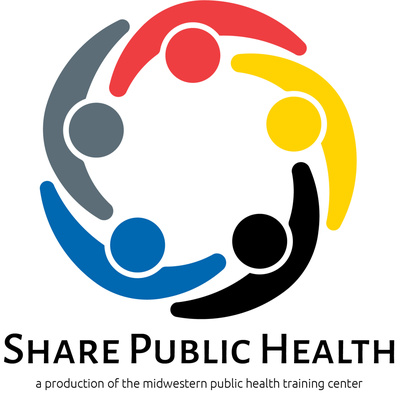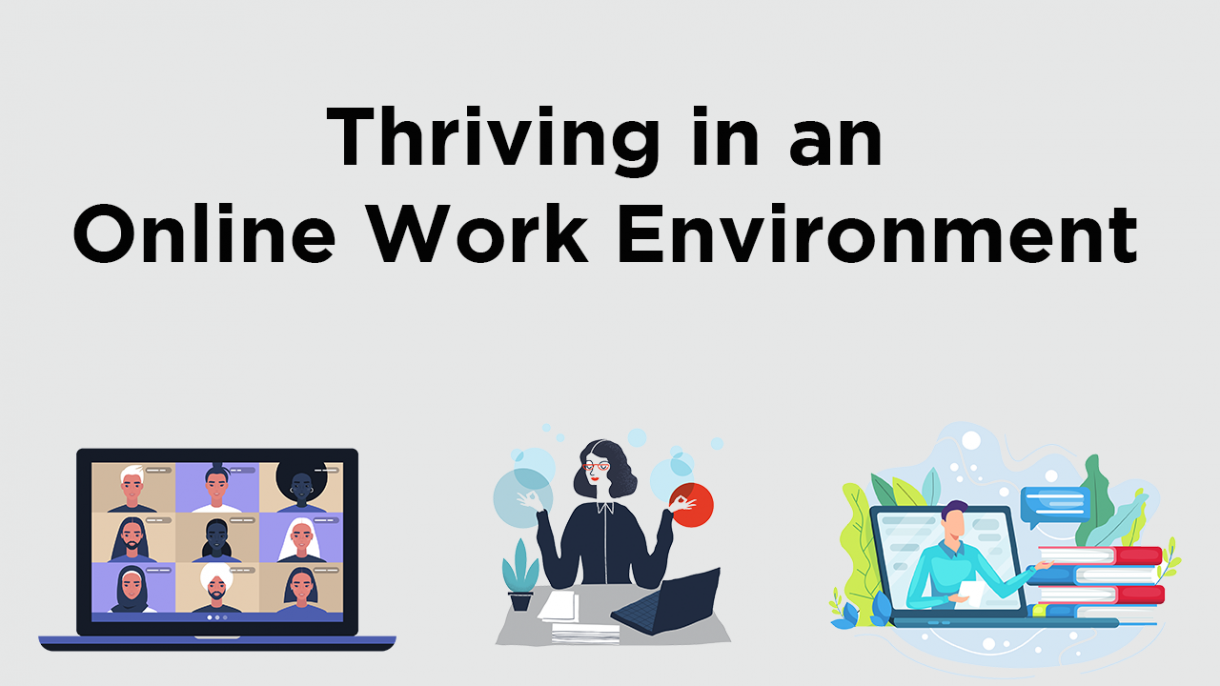Goal
The goal of this scenario is to assess and train mid-level public health professionals in the application of critical thinking as a means of solving problems related to community preparedness for public health emergencies, such as an Influenza Pandemic.
The scenario is based on the Critical Thinking course as well as using the established model of Critical Thinking that has six steps:
- Identify and Define the Problem
- Gather Information
- Develop Alternatives
- Select an Alternative
- Implement the Solution
- Evaluate the Solution
Intended Audience
The audience for this course consists of mid-level public health professionals and/or those responsible for community preparedness planning.
Length
The length of time for participants to take this course is estimated to be one hour or less.
Learning Objectives
After completion of the course, learners should be able to:
- Identify the problem and resulting issues
- Assess the information and resources to effectively address the problem.
- Identify any constraints on possible solutions to a problem situation.
- Employ an appropriate method to effectively generate alternative solutions to a problem situation
- Develop an action plan for implementing a solution to the problem.
Public Health Preparedness Capabilities
Capability 1: Community Preparedness
- Function 1: Determine risks to the health of the jurisdiction
Capability 2: Community Recovery
- Function 1: Identify and monitor public health, medical, and mental/behavioral health system recovery needs
PERLC Competencies (KSA)
Domain I: Model Leadership
1.1 Solve Problems under emergency conditions
- Recognize emergency conditions and the resulting problems
- Evaluate the level of hazard or risk
- Prioritize problems based on level of hazard and degree of risk
- Analyze dysfunctions within a public health emergency response system
- Assure responsibility for responding when needed in the event of public health emergency
- Summarize the means, methods, and processes for solving the problems
- Prioritize problems based on severity, urgency, and solvability
- Assess information, resources and procedures necessary to address the problems in emergency situations
- Implement action to solve the problems in timely fashion
- Differentiate among the consequences of specific decisions
- Assume responsibility for taking specific actions that further organizational mission or population health in the presence of a public health emergency
- Explain how different personality types impact performance during emergency situations
- Maintain awareness of one’s own tolerance for risk
- Recognize the ethical and moral implications of decisions made through a chain of command
- Refer problems that fall outside one’s scope of authority to the appropriate person in the chain of command.
Course Navigation
The course will be set up as an interactive scenario in which users are directed to answer various questions at key points in the story. Users can answer the question by using the information provided in a “Need Help” section.
There will be options to help the user, such as “More Info,” which is content specific to the question, “Resources,” and “Tips,” are snippets of information, job aid tools and the course guide. These options are provided as a means to help the user answer the question.
Certificate of Completion
A certificate of completion is awarded on successful completion of this course. In order to successfully complete this course, you MUST score 80% or higher on the overall course module.
Modality/Format
Online Self-Pace
Acknowledgements
Voice Talent: David Freeman
Length
1 hour
Technical Requirements
- Adobe Acrobat Reader
- Speakers
Course Redesign and Redevelopment (June 2023)
Subject Matter Expert & Narrator
- Tricia Kitzmann, MPH
Instructional Designers & Developer
- Alyssa Azhari
- Dena Fife
Audio/Video Production
- Melissa Richlen
Video Voice Talent
- David Freeman
LMS Coordinator
- Tim Beachy
Course Creation and/or Update
June 2023
Acknowledgements
The following organizations collaborated on the development of this course: Iowa Department of Public Health (IDPH); University of Iowa College of Public Health, Institute for Public Health Practice (IPHP).
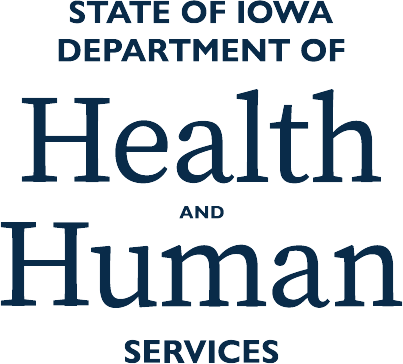

Need Assistance?
If you need technical help, please Contact Us
Technical requirements
- Adobe Acrobat Reader
- Speakers
Registration requirements
Register a free account
Creation and/or update
June 2023
